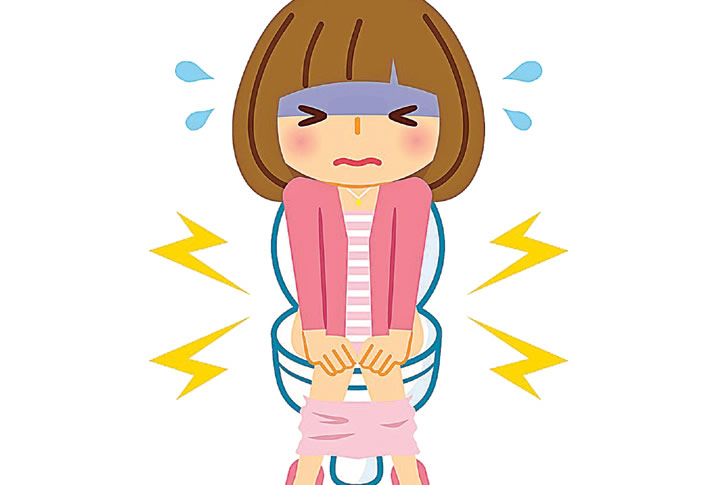Constipation can be uncomfortable and frustrating. By focusing on hydration and dietary fibers, you can help maintain regular bowel movements. This guide offers tips for relief and prevention.

Constipation is a common digestive issue characterized by infrequent bowel movements, difficulty passing stool, or a sensation of incomplete evacuation. It can result from various factors including diet, lifestyle, medications, and underlying medical conditions.
Staying hydrated is vital for overall health, but it's particularly important for preventing constipation. Water helps to soften stool, making it easier to pass.
The general recommendation is to drink at least 8 glasses of water a day, but individual needs may vary based on factors like age, sex, activity level, and climate. Paying attention to your body's signals of thirst can also help you determine adequate intake.
Dietary fibers are plant-based nutrients that the body can't digest. They add bulk to stool and can help it pass through the digestive system more easily. There are two types: soluble and insoluble fibers.
Soluble fibers dissolve in water to form a gel-like substance, helping to soften stool and prevent constipation. Common sources include oats, apples, and beans.
Insoluble fibers add bulk to stool and help it move more quickly through the intestines. They are found in foods like whole grains, nuts, and vegetables.
Very adults should aim for 25-30 grams of fiber daily. However, increasing fiber intake should be done gradually to avoid gas and bloating.
Physical activity helps stimulate intestinal function and can alleviate constipation. Aim for at least 30 minutes of moderate exercise, such as walking or swimming, very days of the week.
Try to have bowel movements at the same time each day, ideally after a meal, as it can help regulate your body's natural clock.
Eat slowly and chew your food thoroughly. Being mindful of your eating habits can aid digestion and prevent constipation.
If constipation persists despite making dietary and lifestyle changes, consult a healthcare professional. Chronic constipation can sometimes indicate an underlying medical issue that needs attention.
Preventing constipation largely revolves around proper hydration and a high-fiber diet. By incorporating these practices into your daily routine, you can maintain optimal digestive health and reduce the discomfort associated with constipation. Stay proactive in your dietary and lifestyle choices for good benefits.
Explore the Tranquil Bliss of Idyllic Rural Retreats

Ultimate Countdown: The 20 Very Legendary Gaming Consoles Ever!

Understanding Halpin and its Influence

Affordable Full Mouth Dental Implants Near You

Discovering Springdale Estates

Illinois Dentatrust: Comprehensive Overview

Embark on Effortless Adventures: Unveiling the Top in Adventures Made Easy Outdoor Equipment

Unveiling Ossur Valves: Innovation in Prosthetics

Unlock the Full Potential of Your RAM 1500: Master the Art of Efficient Towing!
